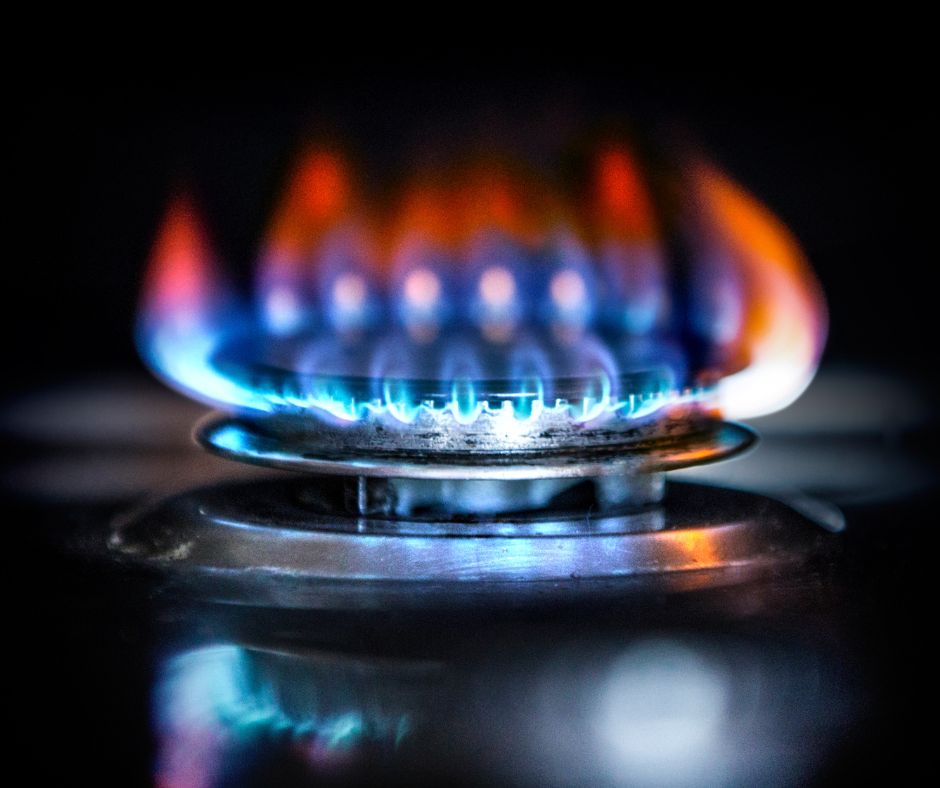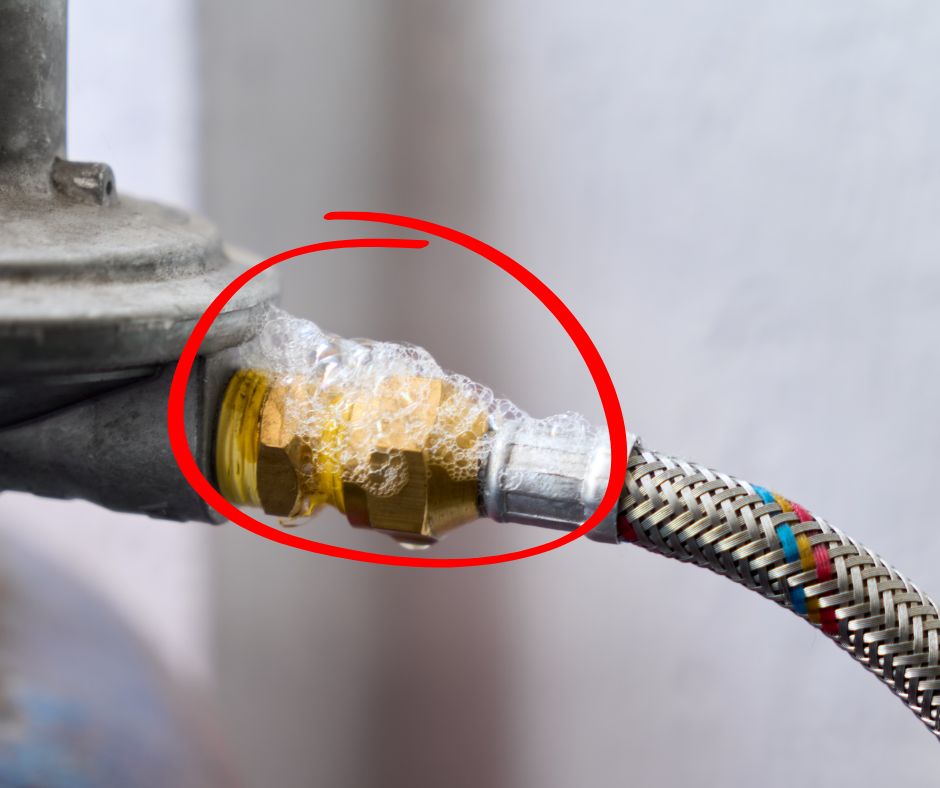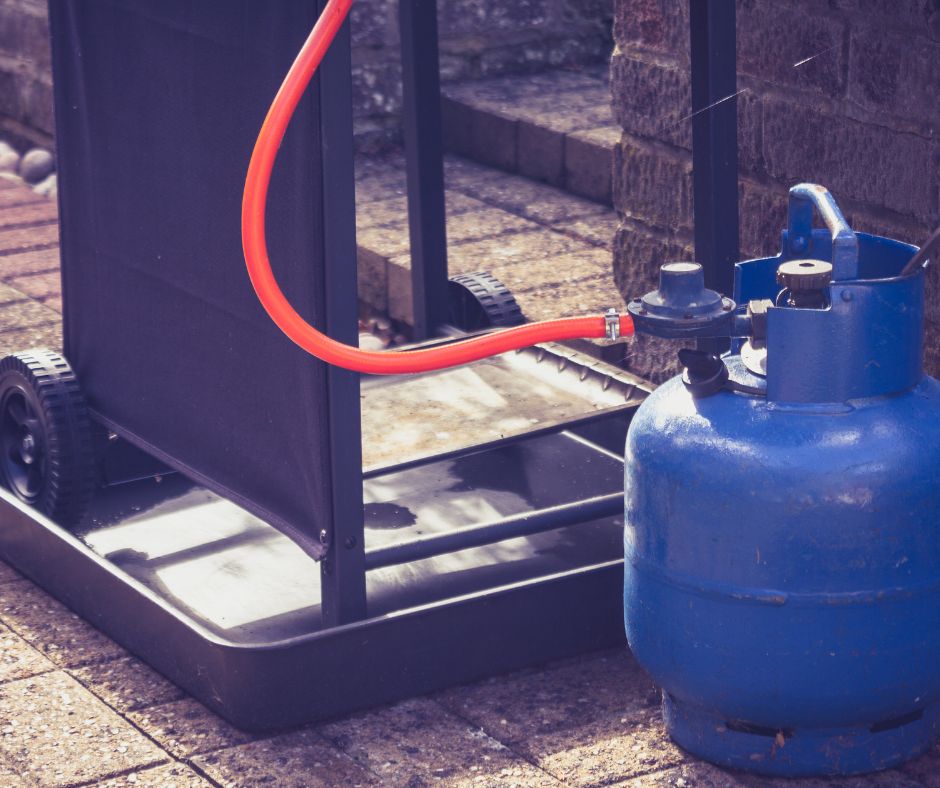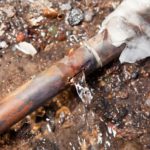Identify the Key Indicators of a Gas Leak in Your Home for Optimal Safety
It is crucial to identify the typical signs of a gas leak to safeguard your well-being and that of others around you. If you detect a strong odour similar to rotten eggs, hear a hissing or whistling noise near your gas appliances or pipes, observe yellow or orange flames instead of the standard blue, or frequently experience unexplained headaches or dizziness, these could be serious warnings of a gas leak. Additionally, take note of any wilting plants near outdoor gas lines, as this could signify a significant problem. If you notice any of these concerning signs in your Wollongong home, it is imperative to turn off your gas supply at the meter, ensure proper ventilation by opening windows, and promptly contact a licensed gasfitter for expert assistance.

When to Reach Out to a Gasfitter for Emergency Assistance
Encountering a gas leak is a grave situation that requires immediate action; do not hesitate. Just one spark can transform a normal household into a perilous environment. Gas leaks may originate from various sources, including faulty connections, ageing appliances, or even corrosion in underground gas lines. Prompt detection and immediate intervention are vital to prevent injuries, property damage, or even disastrous consequences. Homes in Wollongong, particularly those equipped with older gas heaters or inadequate ventilation systems, face heightened risks if their gas systems are not regularly maintained. This comprehensive guide will furnish you with the necessary knowledge to detect a gas leak, the immediate actions to undertake, and the appropriate timing to contact a licensed gasfitter for urgent repairs.
Essential Warning Signs Indicating a Gas Leak in Your Home
1. Detecting the Pungent Smell of Rotten Eggs
While natural gas is odourless in its unrefined state, suppliers intentionally add a compound known as mercaptan, which emits a strong, sulphur-like fragrance, to facilitate leak detection. Should you suddenly notice a pronounced smell akin to rotten eggs, it is crucial to heed this warning. This unmistakable scent acts as an immediate alert that gas may be leaking within your home, necessitating swift action to ensure the safety of all occupants.
2. Listening for Hissing or Whistling Noises Near Gas Appliances
A key indicator of a gas leak could be the sound of gas escaping under pressure from a pipe or hose, often resulting in a soft yet discernible hissing noise. If you hear such sounds near your gas appliances or near gas lines, it may signify a leak. Always remain vigilant and investigate any unusual sounds, as they can represent a serious safety hazard that demands immediate professional assessment.
3. Observing Flames with Unusual Colours in Your Appliances
Gas cooktops and heaters are designed to produce a clean, bright blue flame. If you notice that the flames are yellow or orange, or if they flicker erratically, this could indicate incomplete combustion, possibly caused by gas leaks or blockages within the system. Spotting such discoloured flames is a crucial warning sign that something is amiss with your gas appliances and requires urgent investigation to prevent further complications.
4. Experiencing Unexplained Physical Symptoms Among Family Members
If you or those in your household frequently suffer from headaches, dizziness, nausea, or fatigue while indoors, these physical symptoms might suggest gas exposure or a build-up of carbon monoxide in an enclosed space. Such reactions are serious and should not be taken lightly. It is essential to recognise these symptoms and take the necessary precautions, as they may indicate a hazardous situation that requires prompt intervention from a licensed gasfitter.
5. Noticing Wilting Houseplants or Dying Outdoor Vegetation
Gas leaks occurring near outdoor gas lines or beneath slab connections can result in the gradual decline of nearby plants and vegetation. This happens because the escaping gas displaces oxygen in the soil, making it challenging for plants to thrive. If you observe wilting or dying houseplants or outdoor plants situated close to these areas, it may indicate a gas leak that necessitates immediate evaluation by a qualified professional.

Critical Steps to Take If You Suspect a Gas Leak
1. Immediately Shut Off the Gas Supply
Locate your gas meter and turn the valve clockwise to cease the gas supply to your home. This valve is typically situated on an exterior wall, either at the front or side of your residence. Acting swiftly at this juncture is vital for ensuring safety.
2. Avoid Using Any Electrical Devices
Refrain from activating lights, appliances, or any electrical outlets. Even the smallest spark from an electronic device can ignite leaked gas, leading to potentially catastrophic results. Maintain a safe distance from any electrical sources until the situation has been assessed thoroughly.
3. Open All Windows and Doors for Adequate Ventilation
Ensuring proper airflow is essential for reducing the dangers associated with gas accumulation. Open all windows and doors to facilitate the circulation of fresh air; cross-breezes are particularly effective in dissipating any accumulated gas. This step is crucial for lowering the concentration of gas in the atmosphere.
4. Avoid Attempting Repairs on Your Own
Only licensed gasfitters are legally authorised to repair or reconnect gas systems in NSW. Any attempt to tamper with the system can introduce further risks and may void your insurance policies. It is imperative to leave repairs to qualified experts who possess the necessary knowledge and training.
5. Contact a Licensed Gasfitter Without Delay
If you suspect a gas leak, do not hesitate to reach out to a licensed gasfitter for emergency response services in Wollongong and its surrounding suburbs. Get in touch with CS Plumbing’s licensed gas services or our 24/7 emergency plumbing team for prompt and professional assistance.
Understanding Compliance with NSW Gas Safety Regulations for Your Home
In New South Wales, all gasfitting work must adhere to the Gas and Electricity (Consumer Safety) Act 2017, which ensures that the highest safety standards are maintained. All gas work must be performed by a licensed gasfitter to comply with these vital regulations.
After any regulated work is completed, it is advisable to request a Certificate of Compliance to confirm that all safety standards have been met. As a homeowner in Wollongong, you hold the legal obligation to ensure that your gas appliances and installations are maintained and repaired exclusively by licensed professionals.
Proactive Measures to Prevent Future Gas Leaks in Your Home
- Arrange for annual gas safety inspections, especially prior to the winter heating season.
- Replace old flexible gas hoses and bayonet fittings that appear worn or brittle to prevent leaks.
- Keep vents and exhausts clear of obstructions to ensure proper airflow.
- Regularly inspect for corrosion on outdoor connections, particularly following heavy rainfall or exposure to coastal environments.
- Utilise only branded, certified gas appliances to guarantee optimal safety and efficiency.

The Article: Detect and Respond to a Gas Leak in Your Wollongong Home first appeared on https://writebuff.com
The Article Gas Leak Detection and Response for Your Wollongong Home Was Found On https://limitsofstrategy.com

